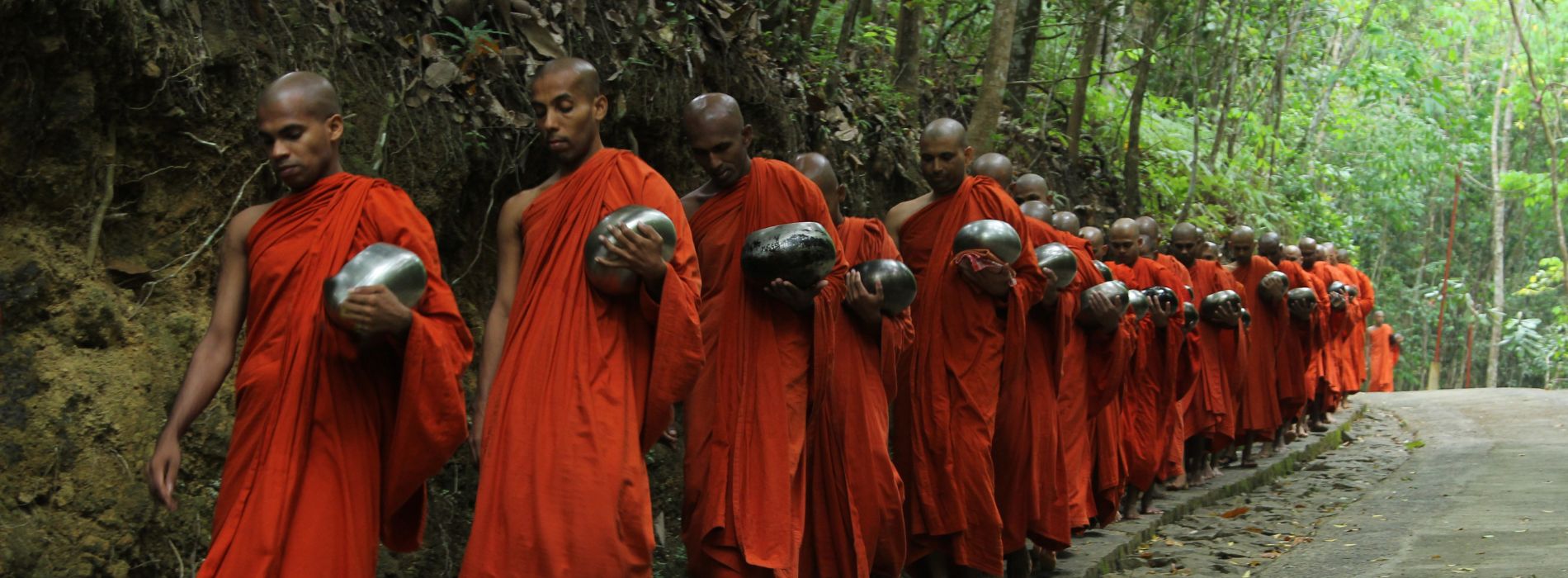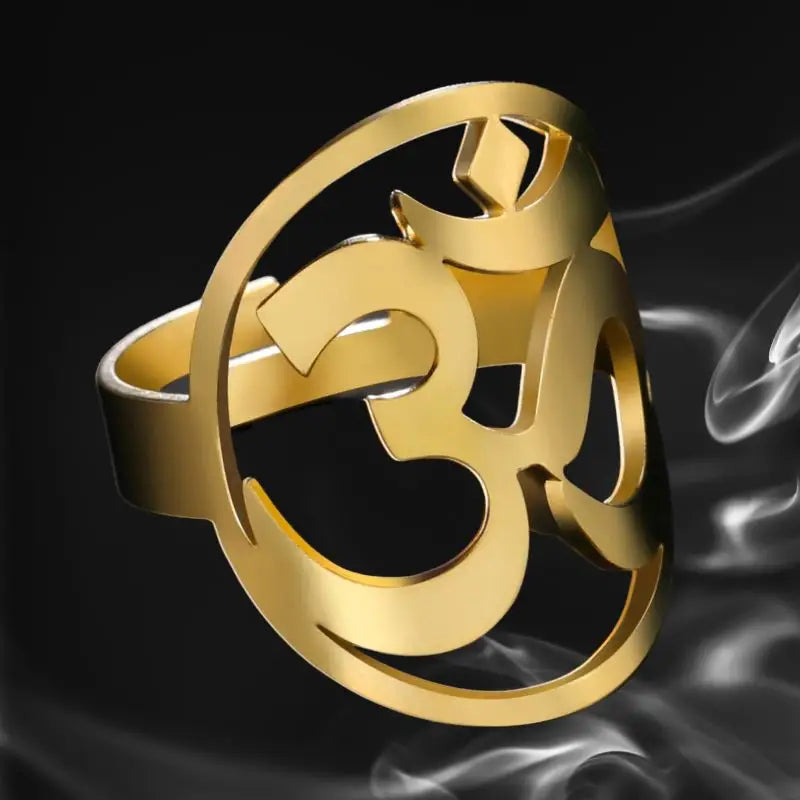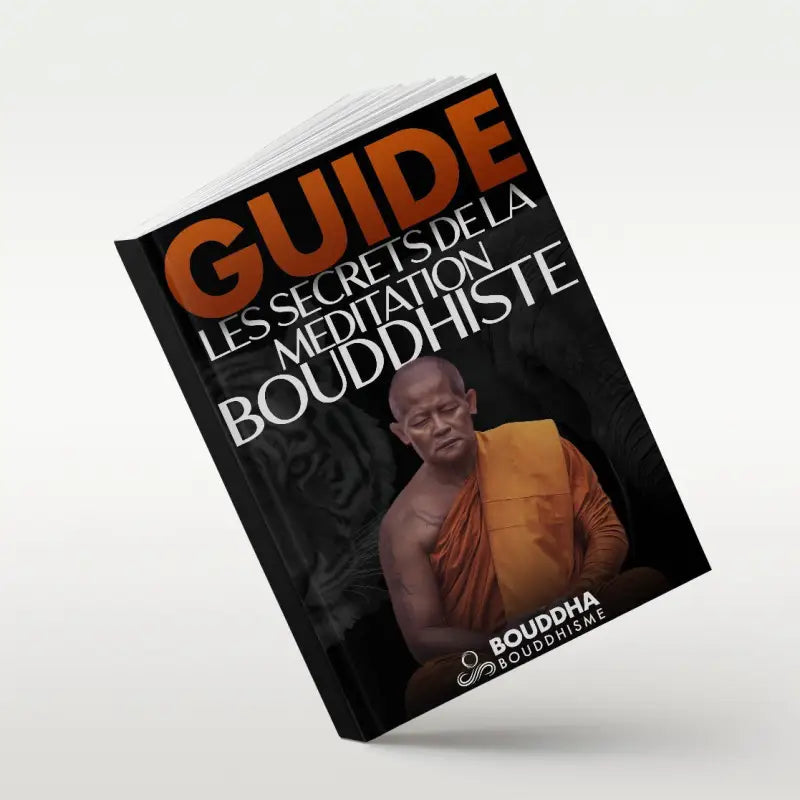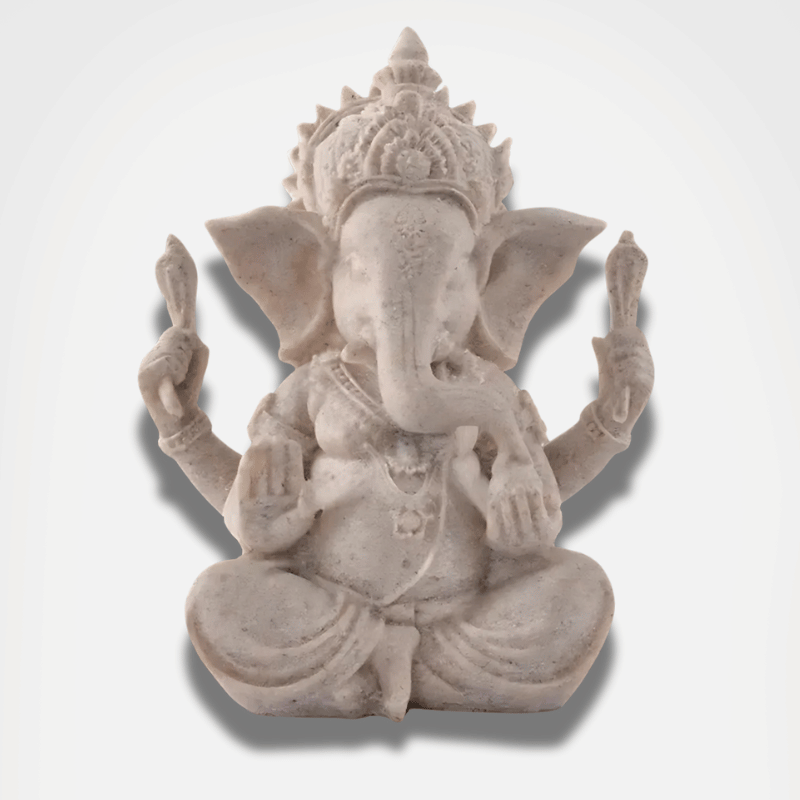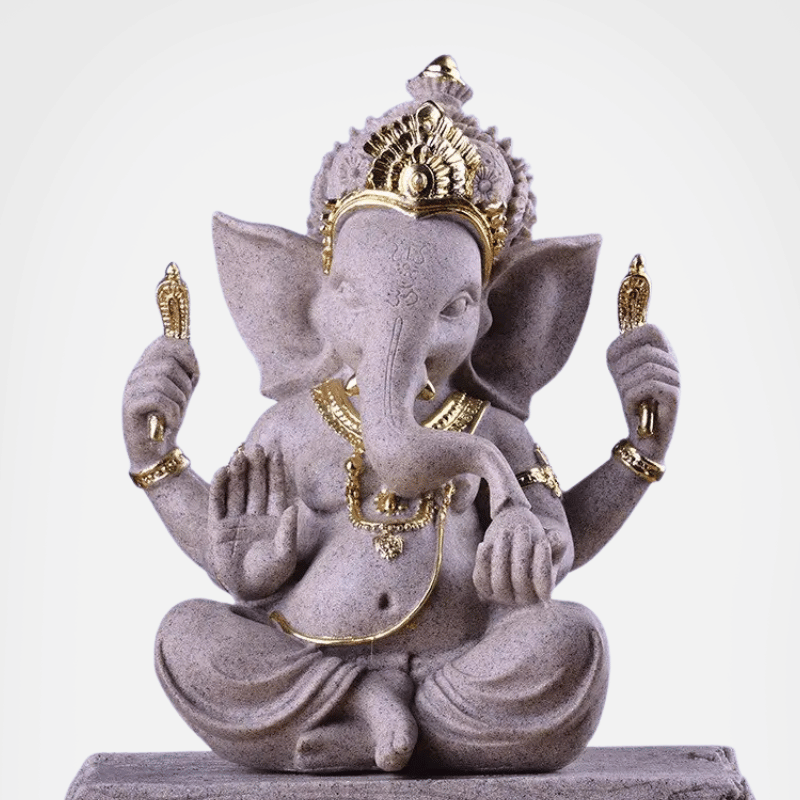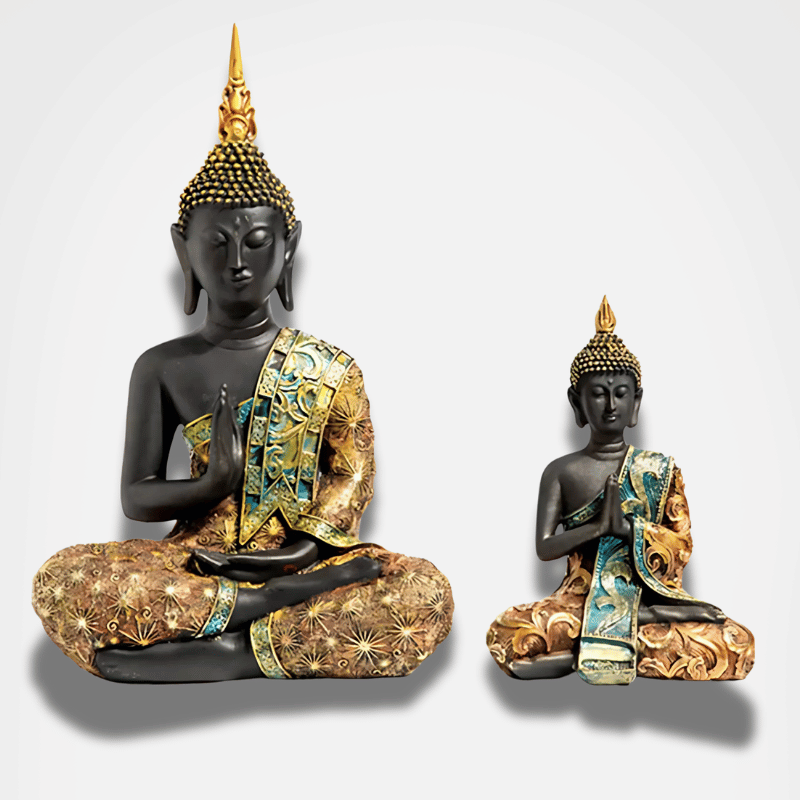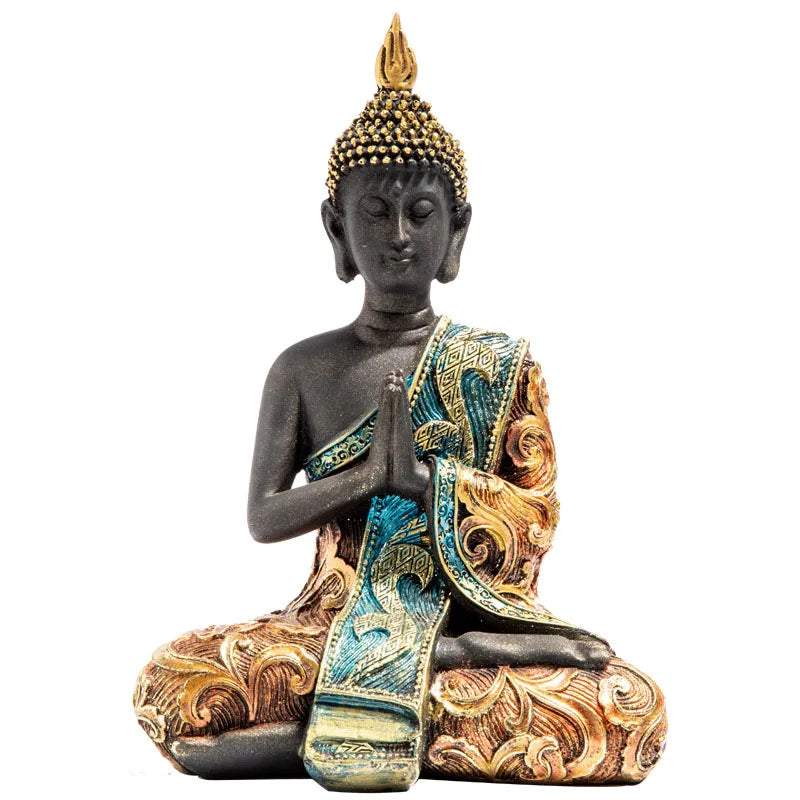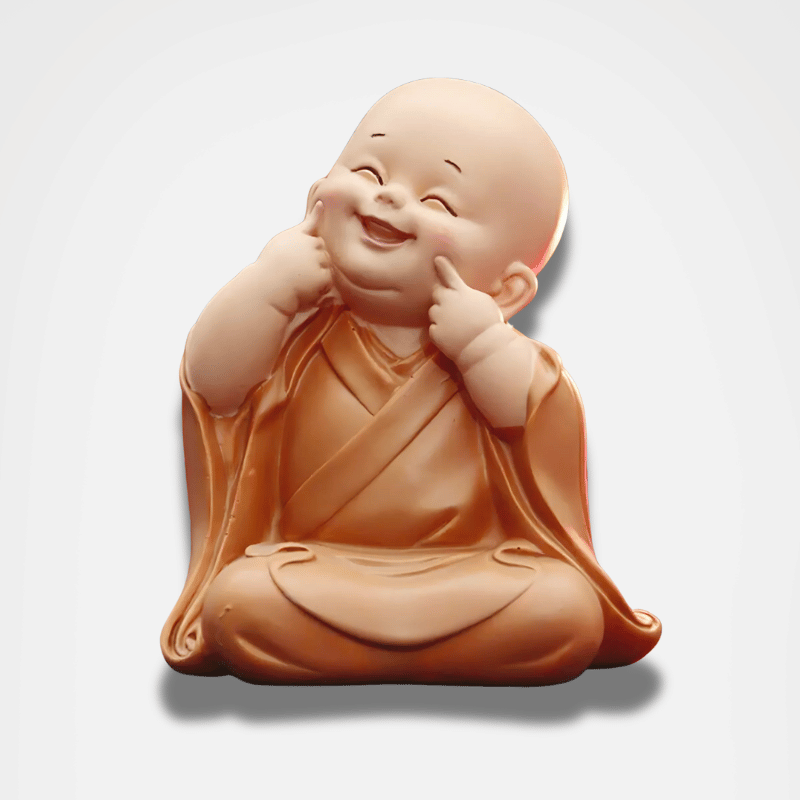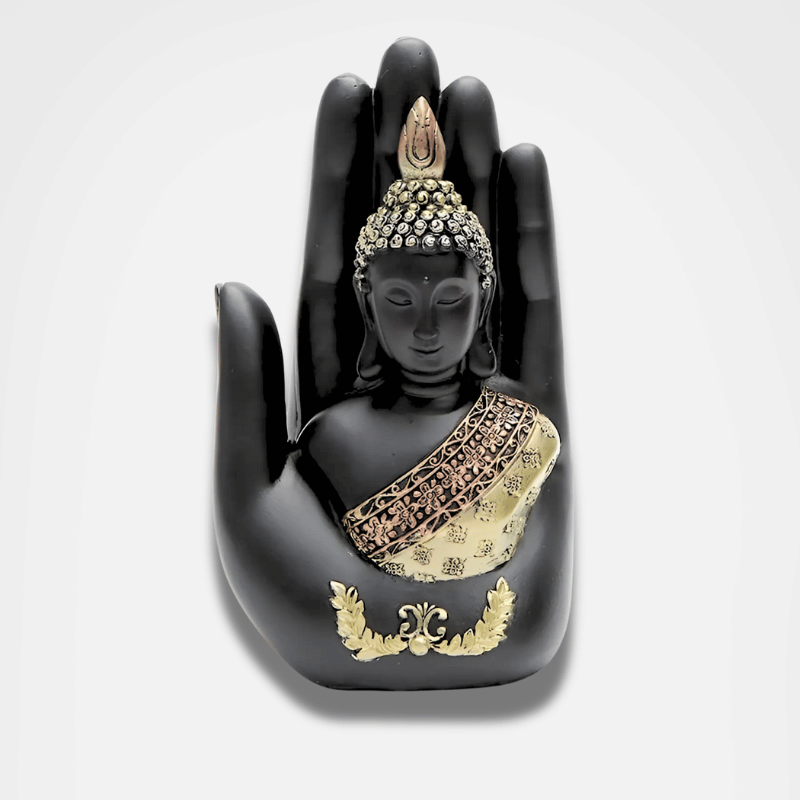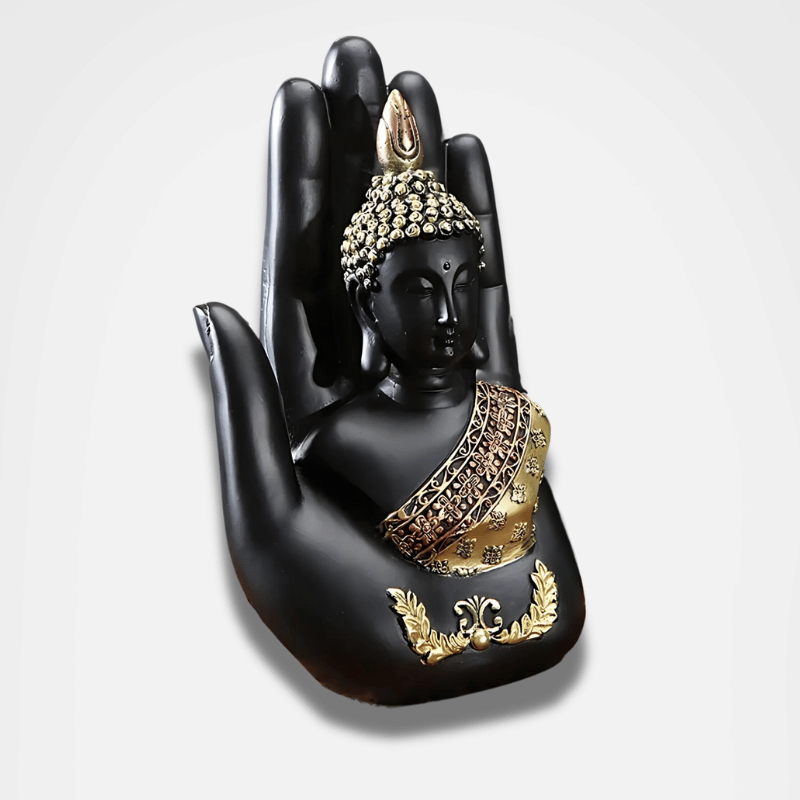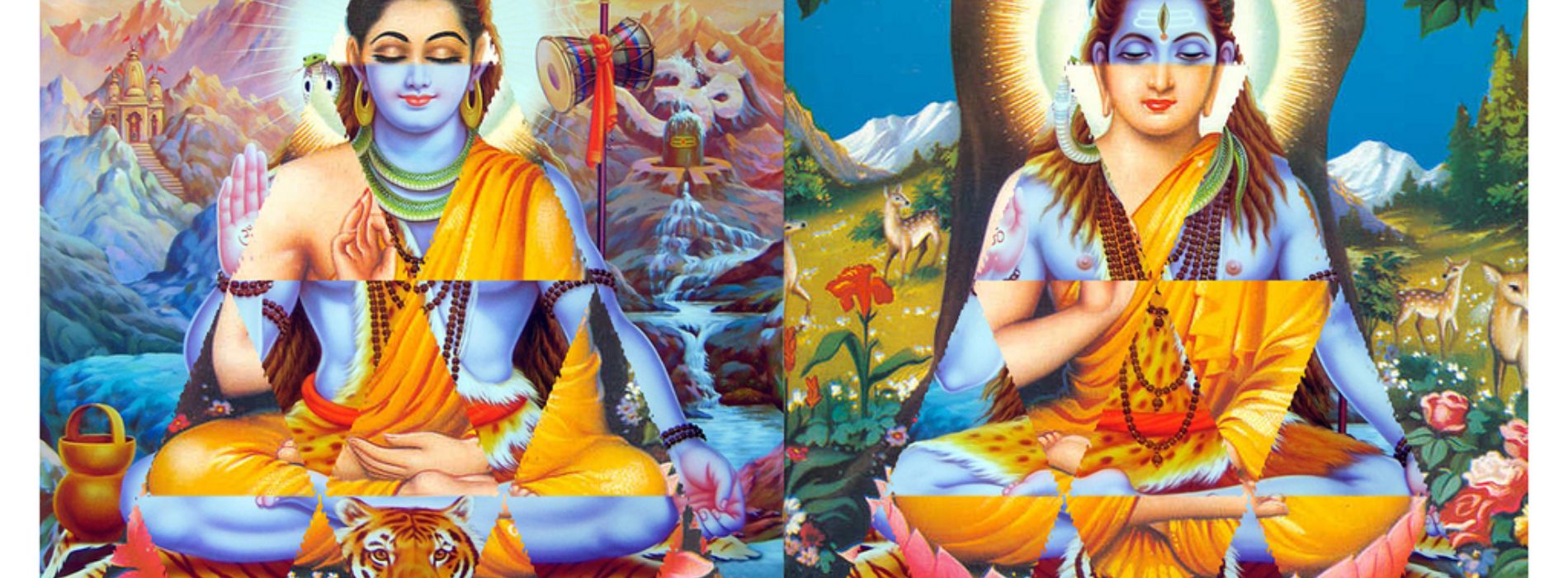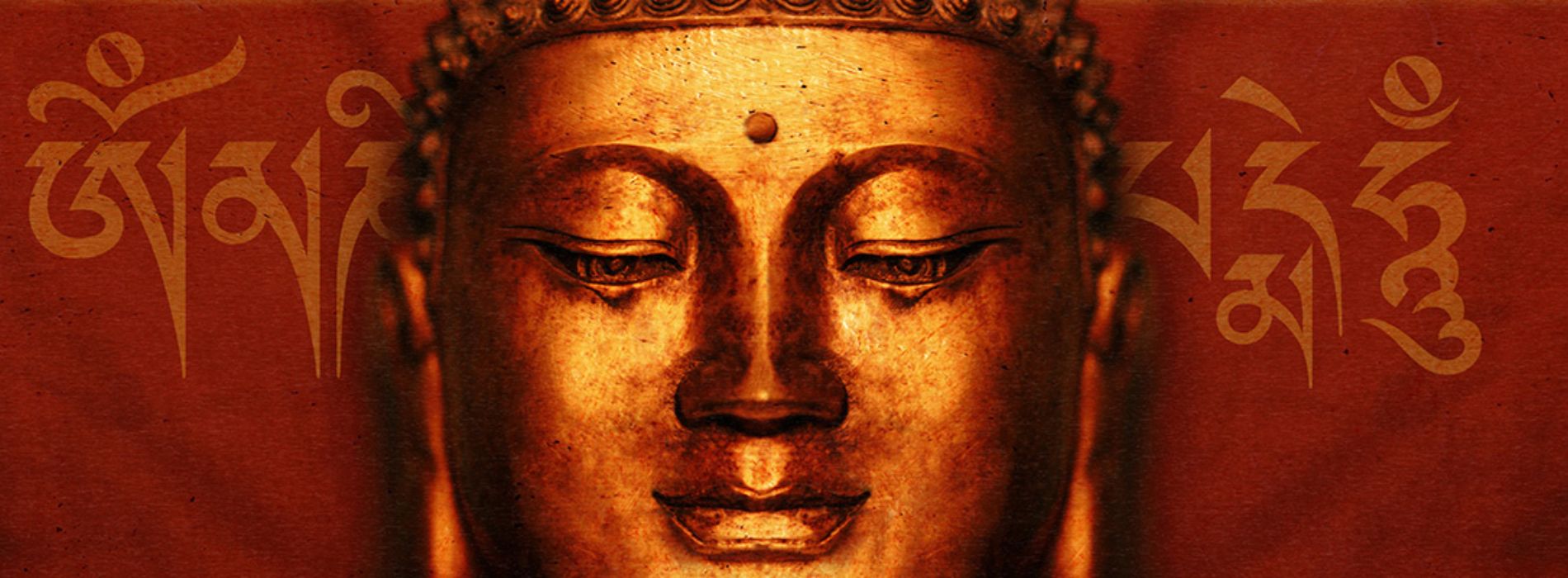The community of Buddhist monks and its name
The meaning of the term “Buddhist monks”
Buddhist monks are an integral part of the Buddhist community and play a central role in religious practice. The term "Buddhist monks" refers to men who choose to devote their lives to the pursuit of enlightenment and the propagation of the teachings of the Buddha. These men sacrifice their material possessions and commit to living according to the monastic precepts and rules established by the Buddha. They renounce earthly pleasures and devote themselves entirely to meditation, the study of sacred texts and the teaching of the Dharma.
The monastic life of Buddhist monks
The monastic life of Buddhist monks is based on discipline and renunciation. They usually live in temples or monasteries, where they follow well-established daily routines. These routines include morning meditation, rituals, study of sacred texts, household chores, and communal meals. Buddhist monks generally live in modest conditions, sleeping on mats or spare beds and dressing in simple cloth robes. They lead an ascetic life, renouncing earthly desires in order to move closer to enlightenment.
Community life is essential for Buddhist monks. They live and work together, sharing everything they have in an atmosphere of brotherhood and mutual support. They follow strict rules and precepts, such as refraining from killing, stealing, or lying, as well as practicing kindness and compassion toward all living things. Community life allows monks to help each other in their spiritual quest and to support each other on the path to enlightenment.
The roles and responsibilities of Buddhist monks
Buddhist monks have several roles and responsibilities within the Buddhist community. One of their main roles is the teaching of the Dharma, the teachings of the Buddha, to devotees and novices. They provide lessons and sermons in temples and monasteries, passing on Buddhist knowledge and teachings to other members of the community. As guardians of the Buddha's teachings, they are also responsible for preserving and transmitting the sacred texts of Buddhism, called sutras.
Buddhist monks also play a role in the funeral ceremony and the blessing of marriages and newborns. They offer prayers and rituals to honor the deceased and celebrate the joys of life. They are considered spiritual guides and advisors to devotees, offering advice and encouragement on the Buddhist path. They are also known for their advanced meditation practices and can guide followers in their own meditative practice.
The different branches of the Buddhist monastic community
The Buddhist monastic community is divided into different branches, each with its own traditions and practices. Here are two of the most well-known branches:
The Theravada Buddhist monks
Theravada Buddhism is the oldest branch of Buddhism and is mainly practiced in Southeast Asia, including Thailand, Myanmar and Sri Lanka. Theravada Buddhist monks follow the teachings of the Buddha strictly and focus on achieving personal enlightenment. They lead a rigorous monastic life, observing monastic precepts and rules with great discipline. They place particular emphasis on meditation and the study of sacred texts, seeking a deep understanding of the Buddha's teachings. Theravada Buddhist monks are revered as guardians of the teachings of the Buddha and are respected by the followers of their community.
Theravada Buddhist monks typically live in isolated temples or monasteries, withdrawing from the world to concentrate on their spiritual practice. They renounce family life and earthly pleasures to devote themselves entirely to meditation and achieving liberation from the cycle of rebirth.
The Mahayana Buddhist monks
Mahayana Buddhism is another important branch of Buddhism, mainly practiced in East Asia, notably China, Japan and Korea. Mahayana Buddhist monks also follow the teachings of the Buddha, but they have a more inclusive approach and emphasize compassion and well-being for all living beings. They believe in the possibility of becoming bodhisattvas, enlightened beings who choose to remain on Earth to help others achieve enlightenment.
Mahayana Buddhist monks typically live in temples or monasteries located in the heart of cities, where they can be more accessible to devotees. They take an active role in religious practice and teach the teachings of the Buddha in ways that are accessible to people from all walks of life. Mahayana Buddhist monks also devote time to meditation and the study of sacred texts, but they also emphasize the practice of compassion and achieving enlightenment for good of all beings.
The role of Buddhist monks in modern society
In modern society, Buddhist monks continue to play an important role as guardians of the Buddha's teachings and spiritual guides for the faithful. They offer advice and support to people facing difficulties and seek to promote peace, compassion and mutual understanding. Buddhist monks also participate in social and humanitarian projects, working for the well-being of communities in need and helping to alleviate human suffering.
Buddhist monks and the environment
As advocates of compassion for all living beings, Buddhist monks are also increasingly involved in environmental initiatives. They seek to promote nature protection and sustainability, raising awareness of the importance of preserving the fragile balance of the ecosystem. Some Buddhist monasteries have adopted environmentally friendly practices, such as recycling, water conservation and the use of renewable energy. Buddhist monks thus set an example by living in harmony with nature and demonstrating responsibility towards the environment.
Buddhist monks and peaceful coexistence
Buddhist monks also play a role in promoting peaceful coexistence and social harmony. By preaching compassion, kindness and tolerance, they seek to build bridges between different communities and promote mutual understanding. They participate in interfaith and intercultural dialogues, encouraging respect and cooperation between different religious traditions and ethnicities. Buddhist monks show that peace and understanding can be achieved through the practice of compassion and tolerance.
In conclusion, the community of Buddhist monks is made up of men who choose to devote their lives to the search for enlightenment and the propagation of the teachings of the Buddha. They live in modest circumstances, follow monastic precepts and rules, and play an essential role in the preservation and transmission of Buddhist teachings. Buddhist monks are divided into different branches, each with their own traditions and practices, but all share common values such as meditation, compassion and the well-being of all living beings. In modern society, they continue to play an important role as spiritual guides and advocates of peace, compassion and environmental protection. The community of Buddhist monks is a source of inspiration and teaching for Buddhists around the world, as well as for those seeking wisdom and understanding in their own lives.

